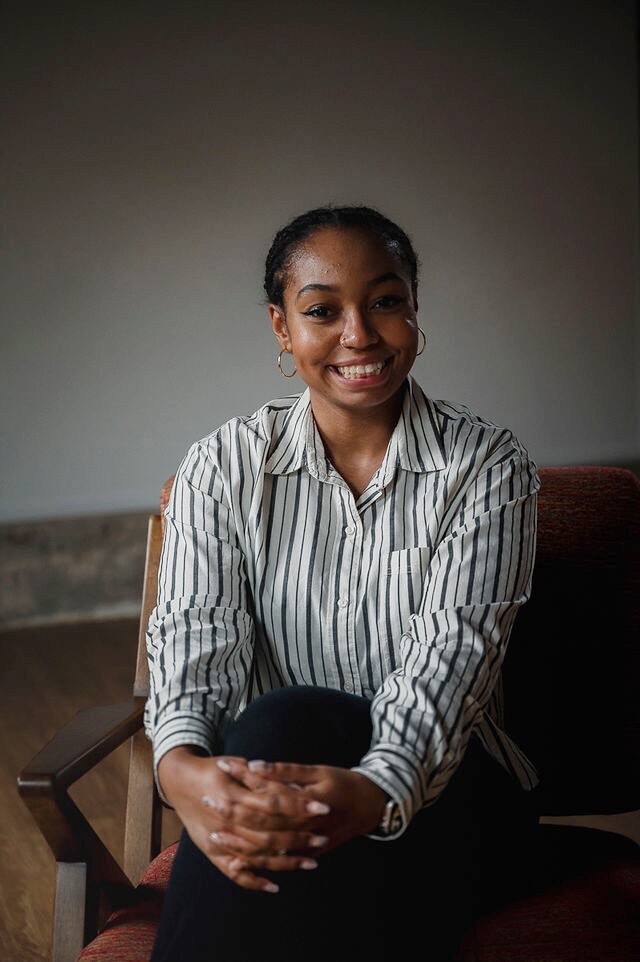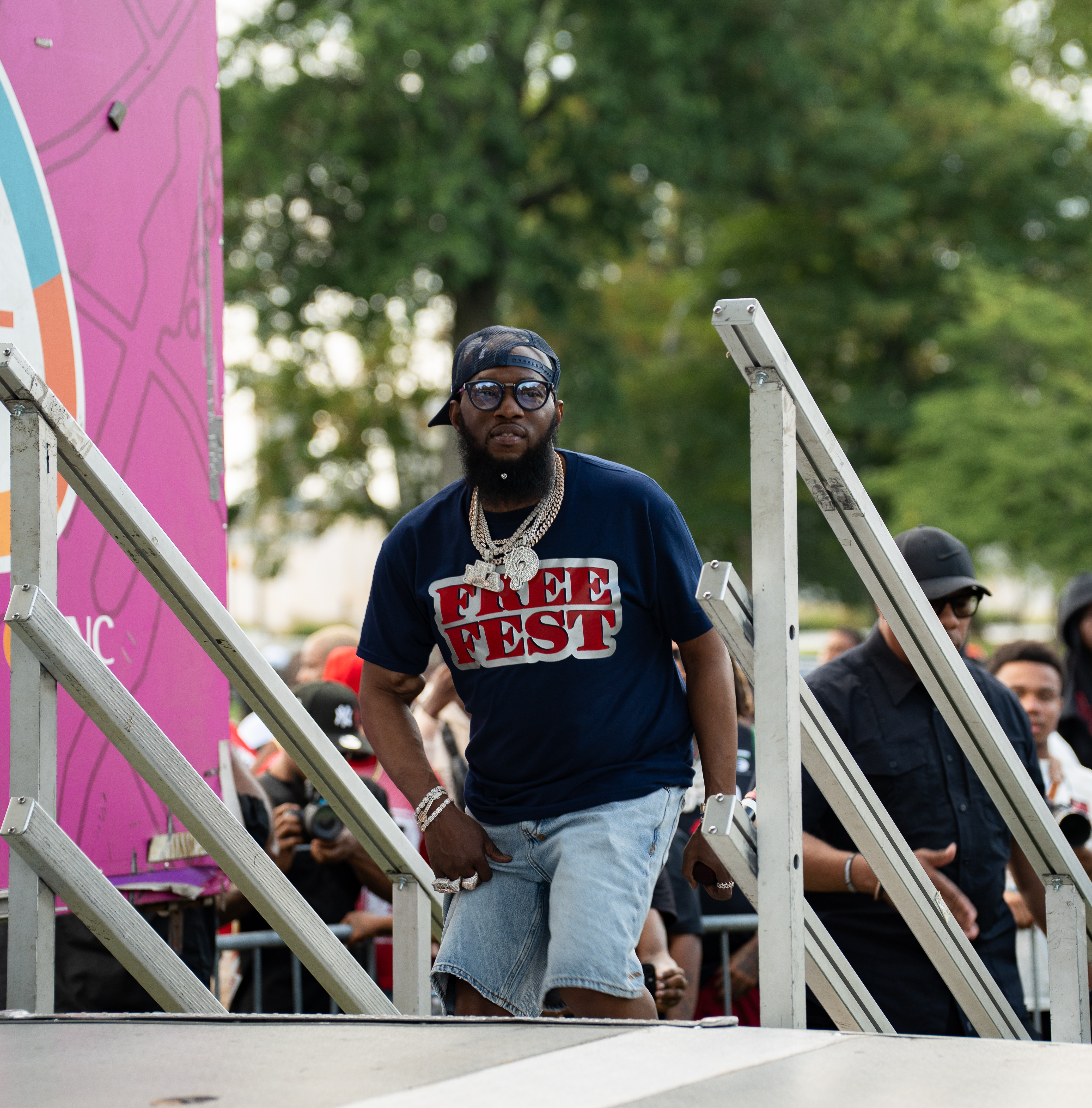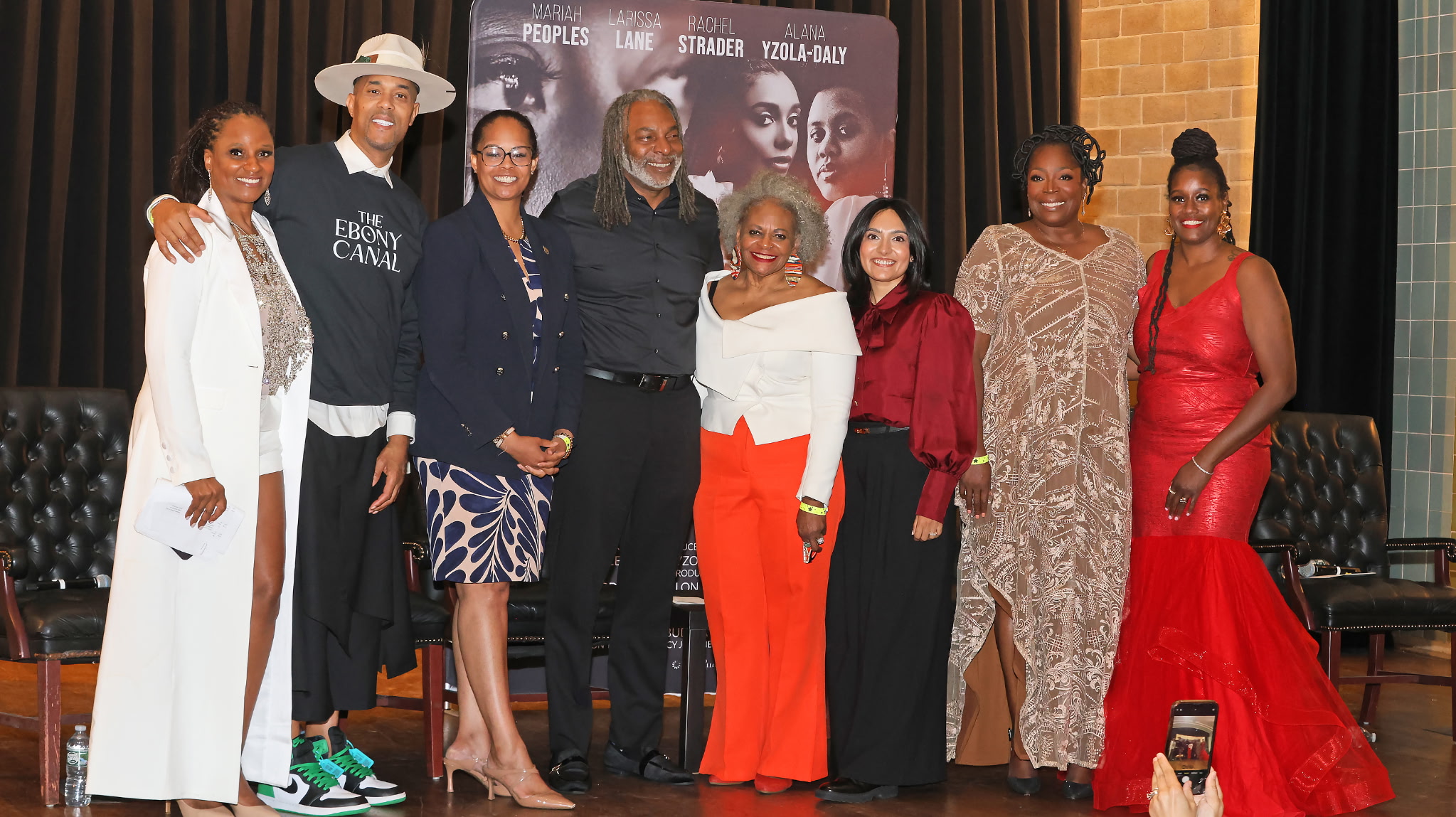Going No Contact
Choosing no contact is more than cutting someone off; it’s reclaiming your right to peace in a culture that often romanticizes endurance over emotional safety.
In Black communities, we are taught early on that certain bonds are unbreakable. That family is everything. That loyalty is love. That, to stay connected, even when it hurts, is a sign of strength, respect, and cultural pride. Whether it’s family, a longtime friend, or someone we’ve loved deeply, the pressure to stay in a relationship with people just because they’ve “been around” is real.
But what happens when those same relationships become the source of pain, anxiety, or exhaustion? What happens when the people we’re told to honor, whether relatives, old friends, or romantic partners, consistently chip away at our peace? More and more, I see Black people choosing something different. Choosing silence. Choosing space. Choosing themselves.
Choosing no contact is more than cutting someone off; it’s reclaiming your right to peace in a culture that often romanticizes endurance over emotional safety.
Growing up, my mom used to say, “Never go to bed angry.” It was her way of teaching me that tomorrow isn’t promised, and you don’t want to carry ill will into the next day, especially with people you love. That kind of wisdom is common in Black families, where connection isn’t just encouraged but expected. It’s how we survive. In a world that doesn’t always welcome us, leaning on each other is how we get through.
But that survival mindset can turn into something heavier. It can become something that tells us we have to keep every relationship, no matter the cost. It tells us that walking away makes us cold or disloyal. For Black women especially, there’s this quiet pressure to hold it all together. We used to expect our grandmothers to hold generations together, and still to this day, Black women are expected to hold together their relationships in those same capacities. To be the peacemaker, the forgiver, the one who never folds even when the weight is too much.
But make no mistake, no contact isn’t just cutting someone off. It’s a boundary. It’s not always about the loud, toxic people you can spot a mile away. For a lot of us, it happens quietly; after too many chances, too many explanations, too many moments where you felt small, unheard, or just… tired. Sometimes it is not always about what someone did, but how the relationship makes you feel. Maybe you’ve outgrown it, or maybe the love was never mutual. Maybe it was once healthy, but now it’s just heavy. No contact isn’t limited to toxic relationships. It’s about choosing not to stay where you’re no longer seen.
That’s not to say going no contact is easy. It may be one of the hardest decisions you’ll ever make, especially when everything in you has been taught to hold on. Choosing that kind of boundary goes against so much of what we were raised to believe. Yet choosing yourself is sometimes the most loving thing you can do. Going no contact doesn’t mean you don’t care. It means you care deeply about your peace, your energy, your healing…yourself. It means you’ve accepted that constantly shrinking yourself to keep a connection alive isn’t sustainable. And the version of you that used to do that? They don’t live here anymore.
No contact can be painful, but eventually, you start to breathe easier. You laugh a little louder. You feel lighter. You realize peace doesn’t have to be explained. It doesn’t have to be loud or dramatic. It just is. From that place, you begin to attract relationships that feel mutual, safe, and steady. You stop performing loyalty and start choosing yourself, and you realize that your wholeness matters more than someone else’s comfort.
The beautiful thing is that this isn’t just a personal shift. It’s a collective one. Black people are unlearning the idea that love must come with suffering. We’re redefining what loyalty looks like. I see so many of us leaning into softness, having discussions about mental health, seeking therapy, and finding communities that help us grow. We’re setting boundaries and honoring our peace, even if it challenges how others expect us to show up. No contact is a boundary. Not a punishment. If choosing it helps you feel whole again, that is more than enough reason.
That is liberation.



